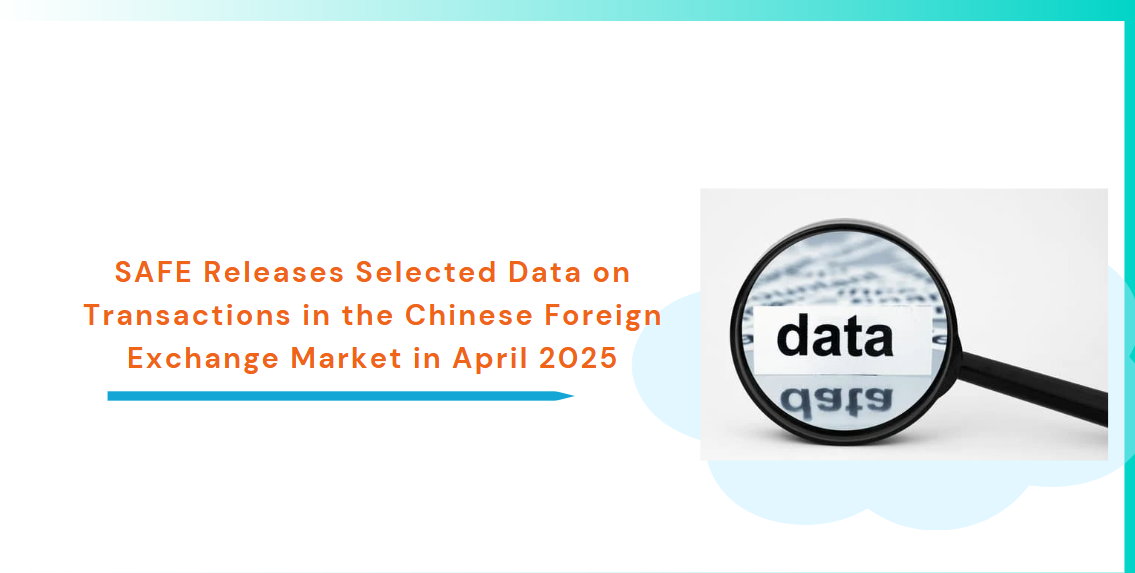China's New E-Commerce Fee Rules: What Foreign Firms Need to Watch in the Draft Guideline
This article contains AI assisted creative content
China's State Administration for Market Regulation (SAMR) recently released a long-anticipated draft guideline regulating fee-related practices on e-commerce platforms. For businesses operating in China's digital ecosystem—including global brands, foreign-invested suppliers, and cross-border logistics and payment partners—this draft signals a shift toward tighter oversight of commercial terms long considered murky and platform-dominated.
Unlike broad anti-monopoly legislation, this 28-article draft focuses specifically on fee transparency, contract enforcement, and fair dealing, bringing long-standing commercial friction into clearer regulatory view.

What's in the Draft—and Why It Matters
The draft guideline, currently open for public comment, lays out concrete restrictions and disclosure obligations for e-commerce platforms. Several sections stand out for global players:
Standardized Fee Disclosure
Platforms must clearly and publicly disclose fee items and their calculation methods, including advertising commissions, data services, payment handling, and logistics coordination.
This aims to end long-standing complaints about “shadow pricing” and arbitrary surcharges, particularly for smaller suppliers and cross-border sellers with less bargaining power.
Contractual Compliance
If a platform promises fee discounts or preferential terms, it will be legally bound to honor them. Vague promotional incentives or unilateral changes will no longer be tolerated.
This provision addresses widespread frustration over platforms offering volume-based fee cuts that later evaporate due to opaque rule changes.
Banned Fee-Related Behaviors
The draft prohibits eight key types of misconduct, including:
Charging fees without providing corresponding services
Bundling services that merchants did not request (e.g., compulsory marketing packages)
Duplicate charging for similar services under different categories
Blocking or downgrading merchants who refuse to purchase optional paid services
For global stakeholders, especially those selling into China or partnering with domestic platforms, these measures could affect:
Contract structuringwith marketplaces like JD.com, Alibaba, Douyin, and Meituan
Fee predictabilityin cost planning
Risk of disputesinvolving chargebacks or service delivery failures
Why Global Firms Should Take Note
The new guideline should not be viewed as just a merchant-protection initiative. It has potential consequences across compliance, pricing strategy, and operational transparency:
Legal and Compliance Risk
Foreign brands operating flagship stores or through distributors may need to audit their platform agreementsunder the new rules, especially where there are performance-based incentives or bundled digital services.
International law and consulting firms may also see a rise in demand for localized reviews of online commercial terms.
Platform Accountability and Negotiation Power
The obligation to formalize and publicize fee structures levels the playing field somewhat, particularly for mid-size foreign vendorswho previously had limited leverage in commercial negotiations with major Chinese platforms.
Cross-Border E-Commerce Complexity
As the rules become clearer domestically, cross-border models like bonded warehouse imports and direct shipping may face different interpretations, especially where logistics and service fees are handled via intermediaries.
Expert Commentary: Towards Sustainable Platform Economics
Wang Xianlin, a prominent legal scholar and expert advisor to the State Council's anti-monopoly commission, noted that the new rules represent a shift from the platform economy's "growth-first" mindset toward “orderly, regulated development.” By directly tackling pricing opacity and service coercion, the draft reflects China's increasing focus on governance capacity in its digital economy.
This echoes a broader regulatory trend seen in other recent moves:
The anti-monopoly guidelines specific to platforms issued in 2021
The tightening of promotional practices in livestream e-commerce
The push for contracts to better reflect service quality and data protection obligations
What Comes Next?
Public feedback on the draft will be accepted until June 20. Foreign chambers of commerce, legal service providers, and international brands with a China digital presence are likely to submit comments.
As SAMR finalizes the rules, foreign stakeholders should:
Review current platform fee agreements
Identify potential risks in pricing mechanisms
Prepare for compliance adjustments, especially in marketing, logistics, and platform-side payment flows
The signal is clear: the era of loosely defined, platform-controlled fee ecosystems in China's online economy is drawing to a close. For global businesses, this creates both operational clarity—and the obligation to adapt.





















































First, please LoginComment After ~